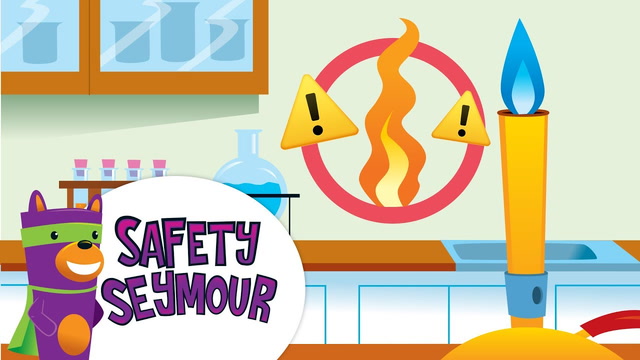Have you noticed that the weather can go from sunny blue skies, to pouring rain at the drop of a hat?! Well, you’ve probably heard of Climate Change, but how can weather just…change?
Chemistry is critical to helping us figure out what’s going on and stopping those changes.
Have a think about all the different parts of the environment that exist – there’s the air we breathe, the soil we live on, the water we drink, and the climate itself.
We know that human activity has led to an increase in carbon dioxide and other gases – all of which lead to temperatures rising, heavier rainfalls and more violent storms.
It’s not just emissions we have to tackle. Man-made substances like pesticides affect soil quality, water can get polluted by harmful chemicals from the rubbish we throw away and from industrial waste. And all of that affects the food we eat and water we drink.
It may sound like a lot to fix, but the great thing is chemistry can help fix things, and it’s also great at helping us understand what’s going on – and also help reduce the problems.
However, it’s not as simple taking carbon OUT of the atmosphere, as it is putting it IN. Chemists are thinking about new ways to make use of the excess carbon and are also working with engineers to come up with sustainable energy sources – like wind and solar panels.
But thanks to chemists, nano-materials are being created that not only make solar panels even more efficient, but also more economical. And that helps make sure the benefits of chemistry reach every corner of the planet.
It could be changes to the way we manage the soil we use to grow our crops, as well as how we farm our food.
It can help us manage our oceans – seeing how climate change affects marine life, measuring levels of harmful chemicals in the water as well as levels of oxygen and acidity.
We can monitor the air – seeing which gases are around and in what quantities. And examine the effects of pollution on our health and how we grow things.
And coming right back to earth, chemists can help develop new fuels and new ways to generate clean energy to heat our homes, charge our devises and run our transport networks.
Working out ways to do what we need to do but using fewer and cleaner resources.
Created with the support of a Royal Society of Chemistry Outreach Fund grant








